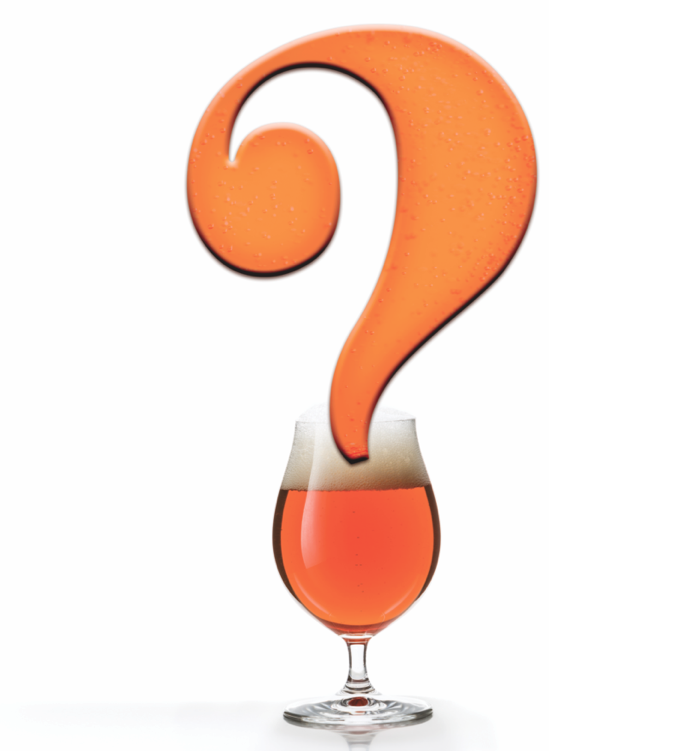Don’t miss our New England Beer & Baseball adventure in 2026! Click here to register!
Mr. Wizard
Brew beer like the pros using malted grains and water to create wort. Here, you will find stories focused on ingredients, techniques, and equipment specific to all-grain brewing.
Posts
-
 Mr. Wizard
Mr. Wizard
Adding Extract to Make Big Beers
-
 Mr. Wizard
Mr. Wizard
Mash pH Importance
-
 Mr. Wizard
Mr. Wizard
Batch Sparging Temperatures
-
 Mr. Wizard
Mr. Wizard
Mash Hopping
-
 Mr. Wizard
Mr. Wizard
Storing Grains
-
 Mr. Wizard
Mr. Wizard
Mash Stirring
-
 Mr. Wizard
Mr. Wizard
Mash Temperatures
-
 Mr. Wizard
Mr. Wizard
No-Sparge Brewing
-
 Mr. Wizard
Mr. Wizard
Mash Hopping
-
 Mr. Wizard
Mr. Wizard
Hot Liquor Tank Temperatures
-
 Mr. Wizard
Mr. Wizard
Decoction Mashing
-
 Mr. Wizard
Mr. Wizard
Mash Starches
Mr. Wizard analyzes what happens to starches in the mash tun & more.
